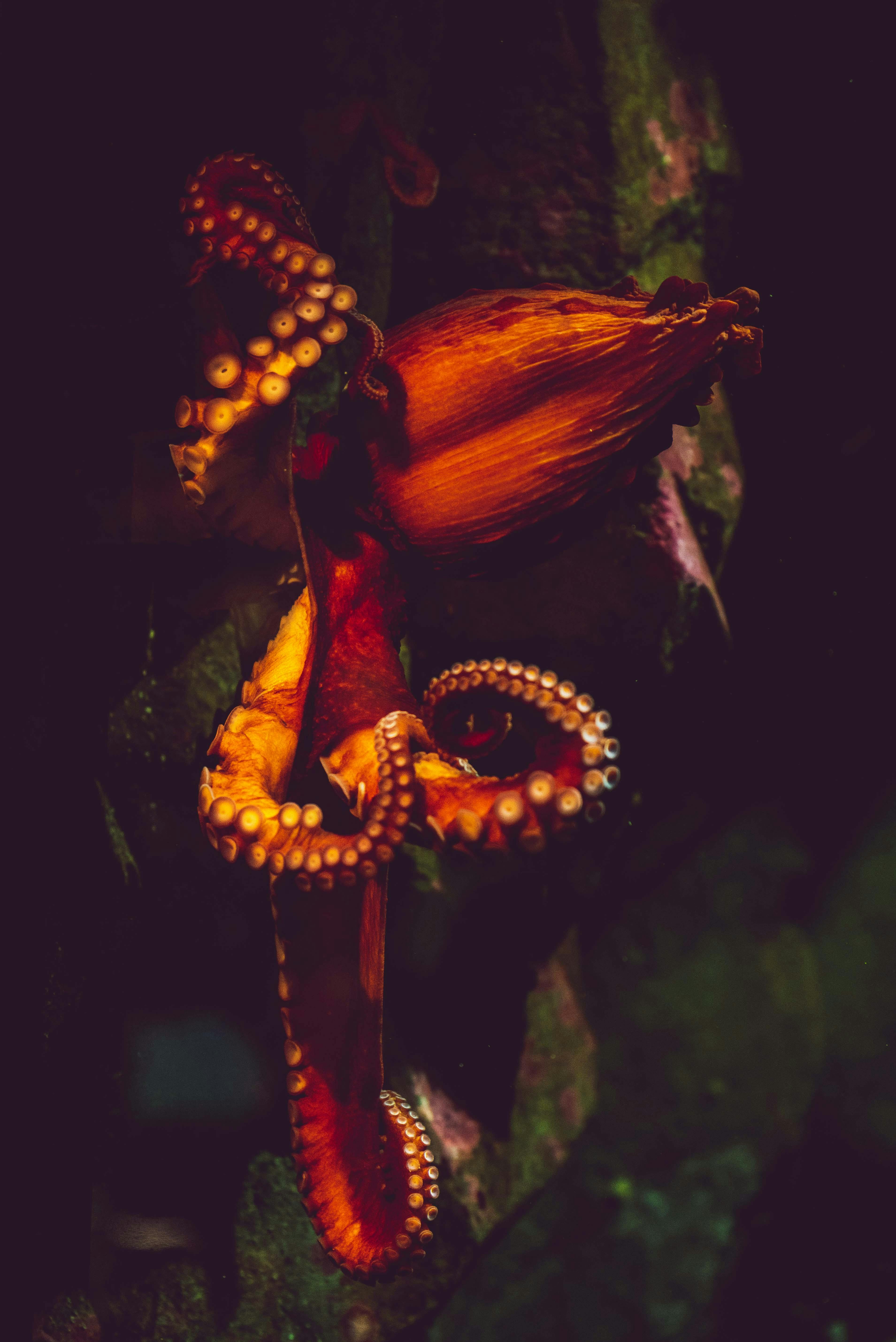The Hidden World of Octopuses: Unraveling the Secrets of Their Intelligence
Octopuses are renowned for their striking intelligence, a trait rarely found among invertebrates. They display problem-solving abilities, can navigate mazes, and even use tools, astounding scientists and animal lovers alike. This article delves into the deep seas to unravel the secrets behind the intelligence of these fascinating creatures and the implications it has for our understanding of cognition and consciousness.

The Enigma of Octopus Intelligence
The octopus’s intelligence is a subject of much intrigue and fascination. Their unique brain structure and extensive nervous system, coupled with their remarkable behavior, have led scientists to recognize them as one of the most intelligent species in the invertebrate world. Their ability to learn, remember, and solve problems, traits typically associated with higher vertebrates, are particularly intriguing.
A Brain Unlike Any Other
Octopuses possess a central brain and a unique, decentralized nervous system, with two-thirds of its neurons located in the tentacles. This allows the tentacles to perform complex tasks independently, such as opening a jar to get to food inside. Moreover, octopuses can regrow lost limbs, and these new limbs can regain full functionality, including their complex neural networks, further demonstrating the complexity of their nervous system.
Masters of Camouflage and Escape Artists
Octopuses are renowned for their exceptional ability to camouflage, changing their color and texture to match their surroundings in a matter of seconds. This is a testament to their cognitive skills, indicating their capacity for complex visual perception and decision-making. Additionally, their problem-solving skills extend to escaping enclosures, with numerous accounts of octopuses breaking out of aquarium tanks by manipulating latches or squeezing through small openings.
Octopuses in the Lab
Scientific studies have shed light on the cognitive abilities of octopuses. They have been shown to navigate mazes, recognize individual humans, and exhibit play behavior. Recent findings published in 2020 have also revealed that, like humans, octopuses may also dream, providing a new perspective on understanding their cognitive processes.
A Window Into Cognitive Evolution
The intelligence of octopuses, given their evolutionary divergence from vertebrates around 500 million years ago, offers a fascinating window into the evolution of cognition. Unlike mammals and birds, where intelligence evolved through social interactions, the octopus’s intelligence appears to have evolved due to its complex, predatory lifestyle and the need to outsmart predators. This underscores the diversity of paths that evolution can take towards the development of complex cognition.
The Future of Octopus Research
Current research is exploring the genetic basis of octopus intelligence and the role of their unique RNA-editing mechanism in neural plasticity. The potential for octopuses to teach us about alternative forms of intelligence and consciousness is immense. As we continue to delve deeper into the world of octopuses, these enigmatic creatures never cease to amaze, challenging our understanding of intelligence in the animal kingdom.






